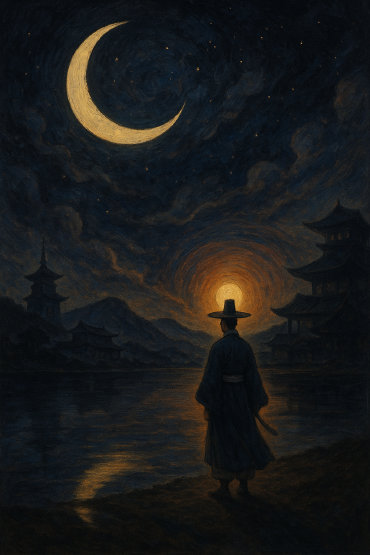The Art of Healing and Reflection Blossoming from the Journey of Twelve Nights in 'Twelve Nights'
Shakespeare's 'Twelfth Night', a Mirror of Human Existence
Shakespeare's "Twelfth Night" is a representative work of 17th century English theater and intricately reveals the complexities of human existence and inner psychology. This work transcends simple comedy through delightful illusions, romantic escapades, misunderstandings, and the subversion of identity, providing insights into human nature that are timeless. In particular, the characters in the play grow and experience healing through the various difficulties and conflicts they face in their lives. This journey presents themes that are highly relatable to contemporary life.
The symbolic meaning of 'Twelve Nights'
The symbolism of "Twelfth Night" goes beyond just the moment of celebrating the festival it signifies a journey where repressed emotions and truths are revealed. During this period, characters confront their truths and experience a cathartic time where they discover new possibilities through each other's presence. This symbolic night offers a space for characters to reflect and grow, and the work provides a rich ground for literary and cultural reinterpretation of contemporary life. Ultimately, this work paves the way for profound emotional resonance and understanding for modern audiences.
A new interpretation born from the integration with the Joseon Dynasty
The reinterpretation of 'Shibiya', set in the Joseon Dynasty, is not merely a change of historical setting. This performance links the strict Confucian norms and hierarchical structures, the repressed desires and moral tensions with the imbalances and identity crises of modern society. The platform of Joseon accentuates the themes of love, betrayal, power, and forgiveness in the work, creating a deep emotional intersection that transcends time and space. Thus, the fusion of historical context and modern interpretation poses significant questions to the audience.
The magic of the stage and modern perspective
The stage direction is a space that experiments with the fusion of the traditional and the modern. Traditional costumes and classical lyrics, Joseon-style props, modern lighting, media art, and music come together to create a poetic landscape. In particular, the interplay of light and shadow in the lighting visually conveys the character's psyche and conflicts, dramatically emphasizing subtle emotions. By utilizing video media, the fantastical scenes seep into reality, stimulating the audience's inner selves and expanding the narrative spectrum. Such direction goes beyond mere expression and forms a psychological bond with the audience.
The process of healing and empathy
The characters in "Shibiya" each have their own deficiencies, and these deficiencies are healed through misunderstandings, illusions, or sincerity among each other. This process forms a relatable human journey for the audience, and the joys and sorrows experienced by the characters on stage provide great emotional impact. Through the understanding and relief of "I am not the only one," the audience feels a sense of communal empathy and reaffirms the essence of healing that art can provide. This work does not merely repeat the classics but emphasizes the various anxieties and loneliness experienced by modern individuals.
Cultural Roots and Future Connection Critique
The task of reinterpreting classics in a modern context is a creative act that goes beyond mere adaptation, reflecting the essence of the past against current issues and exploring future possibilities. These attempts to rediscover cultural identity and reconstruct it through critical thinking and imagination are significant cultural practices that contribute to social development. Therefore, the reinterpretation of "The Twelve Nights" in the context of Joseon can be regarded as an important endeavor to understand the present more deeply through the past. This leads to questions that reflect on the essence of our inner sorrow, longing, and hope.
After twelve nights, welcoming a new morning
"The country that has passed through twelve nights" is a play where the past, present, and future meet on a single stage, combining the wisdom of the past with the emotions of today to suggest new possibilities for storytelling. Classics are reborn every time their stories are heard again, and the power to modernize tradition indicates the direction our society should move toward. We have the opportunity to inherit the living power of the present from the classics, and within that, we need the wisdom to reflect on ourselves.

Post a Comment